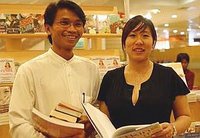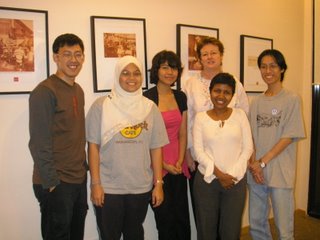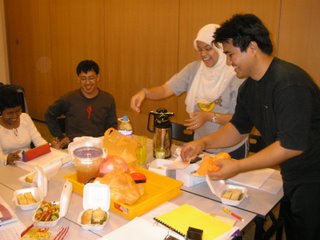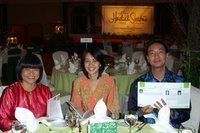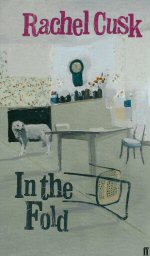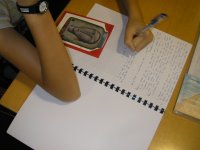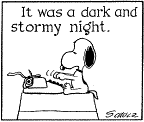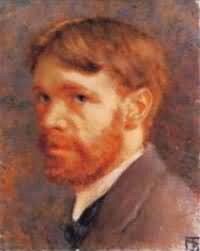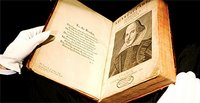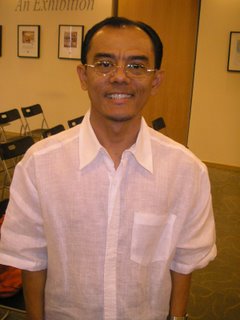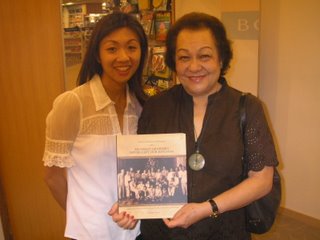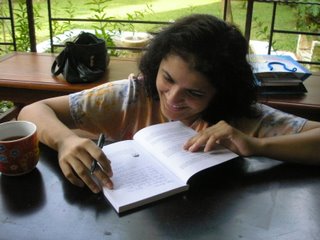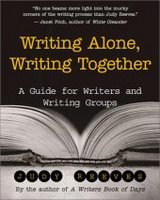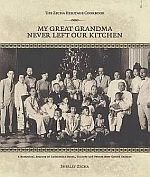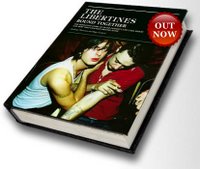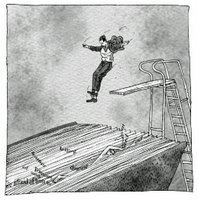
The amazingness of recent warehouse book sales ... flummoxes me.
As a bookaholic I love my book bargains, and in the past few months I've had happy experiences with MPH, Times, and Payless warehouse sales and come away from each of them with bags and bags of great books at knockdown prices and feeling a euphoric high. Nothing but nothing beats finding a bargain copy of a book you really want!
But I can't help wondering what happening. Are books from overseas being dumped on the Malaysian market? Is there such a phenomena as "book dumping"?
You can understand a chain like MPH needing the occasional warehouse sale, because it costs money to store stock that isn't moving. Shelf space costs. It's sell cheap or pulp the stock to make way for more.
But it seems that cheap and excellent books are pouring in from elsewhere. Times was apparently bringing in cut price books from Singapore. The books in the Payless warehouse sale were second-hand copies from America.
And now here's another warehouse sale which has an incredible selection of books. I learned about it from Sympozium and decided to stop by at Atria this morning, not expecting very much. I mean how high does The Big Bookshop rank on any booklovers list of favourites? (The shop itself is on the top floor of Atria, sells a range of stationery but is pretty uninspiring.)
I was totally gobsmacked by what I found and don't even dare to tell you what I spent. (Okay, we don't have to eat next week.) I took a photo of my haul to show you and there are many more besides.
These are some of the best finds:
I picked up hardback copies of books on the Booker shortlist: Coetzee's
Slow Man and Rushdie's
Shalimar the Clown. (Julian Barnes
Arthur and George with its beautiful cloth cover is there for less than a quarter of what I paid a few months back!)
And if you are interested in learning about poetry or writing it - as Sympozium pointed out T
he Ode Less Travelled is a real treasure. (I bought both book and CDs).
I bought novels I've long wanted: highly acclaimed stuff like
The Colour by Rose Tremain,
Case Histories by Kate Atkinson,
The Ghost Writer by Philip Roth, Sebastian Faulks
Human Traces,
Remembering Babylon by David Malouf which won the IMPAC Dublin prize in 1996. I also found copies of
The Ballad of Desmond Kale by Roger McDonald heaped high: this novel won the Miles Franklin Award less than a month ago and
I wrote an entry pondering why I hadn't seen it in the bookshops.
I found hardback copies of Peter Ackroyd's biographies of Shakespeare and Turner, and a biography of
photographer Diane Arbus which I had long coveted. Also Chuck Palahniuk's collection of essays Non-Fiction, writing guru Julia Cameron's
Letters to a Young Artist, and the note books of an Australian writer called Murray Bail.
Now then, where are these books coming from and why are they here? Why are such recent and important titles among them?
The Big Bookshop has stores in Singapore, so there is surely a south of the border connection there too, as there is with Times. But it can't be a coincidence that so many of the books are by Australian writers. (Peter Carey's novels are heaped high in Aussie editions, including
My Life as a Fake which is set in Malaysia.)
I wonder what will happen to these books if they are unsold. (Don't pulp them!!!!)
I wonder what the fallout from the flood of cheap books will be. (Good fallout - obvious. Bad fallout, the effect on established bookshops.)
Meanwhile - hey, I'm in bookish heaven. And may visit Atria again since new stock will be coming in.
The sale ends on 31st July.
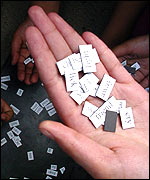 Well, my dears, I'm going to love you and leave you for a few days. We're driving across to Cherating for a dose of sun sea sand. I am currently deliberating about which books to take, and hoping there will still be room in my bag for a change of clothes.
Well, my dears, I'm going to love you and leave you for a few days. We're driving across to Cherating for a dose of sun sea sand. I am currently deliberating about which books to take, and hoping there will still be room in my bag for a change of clothes.